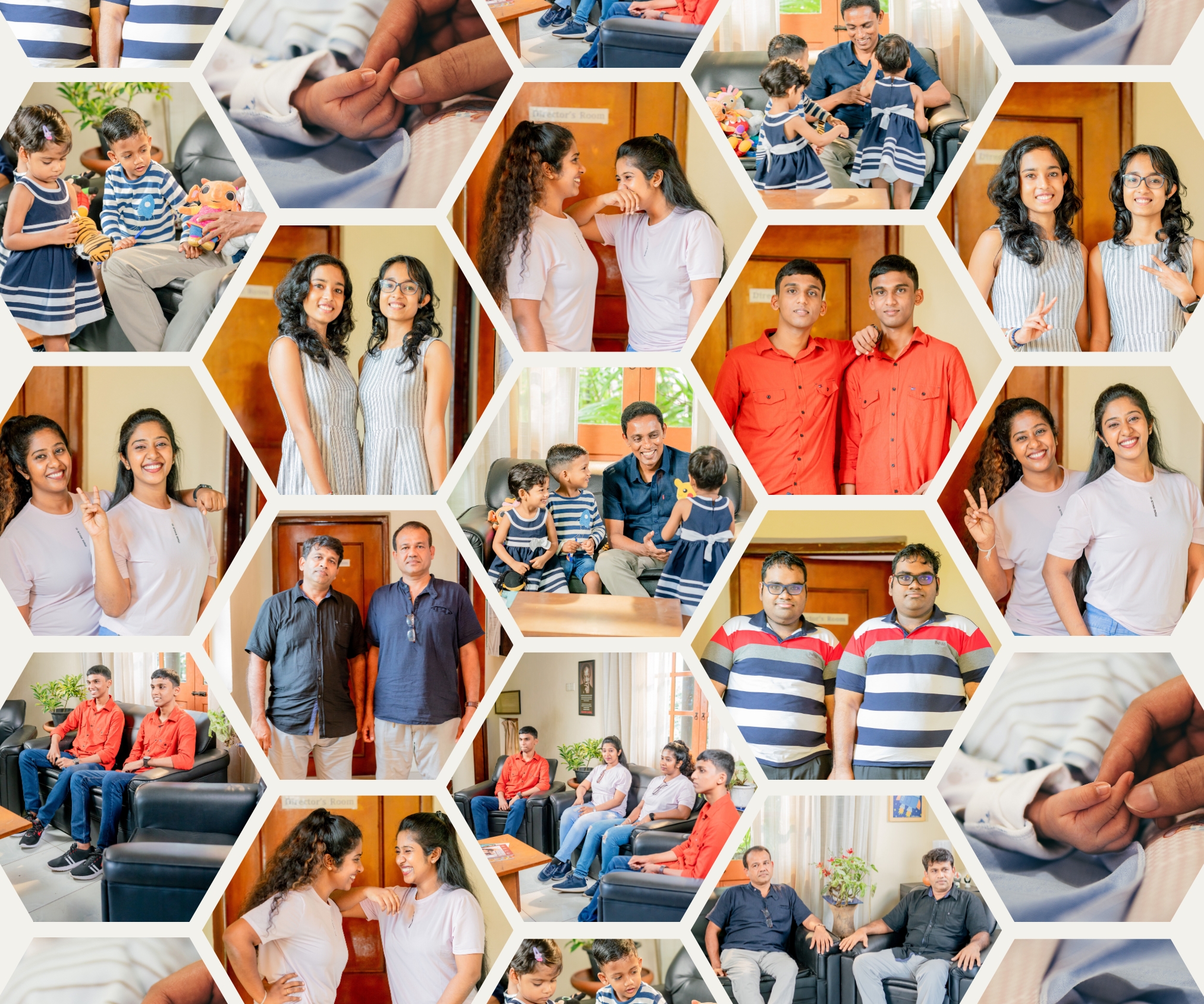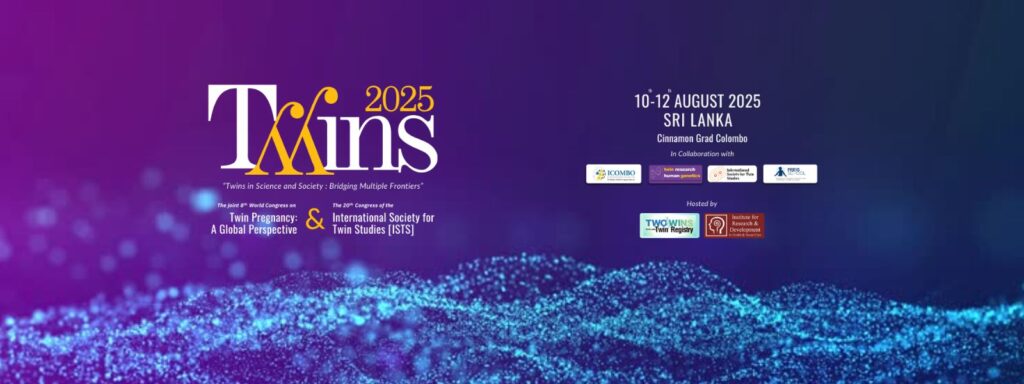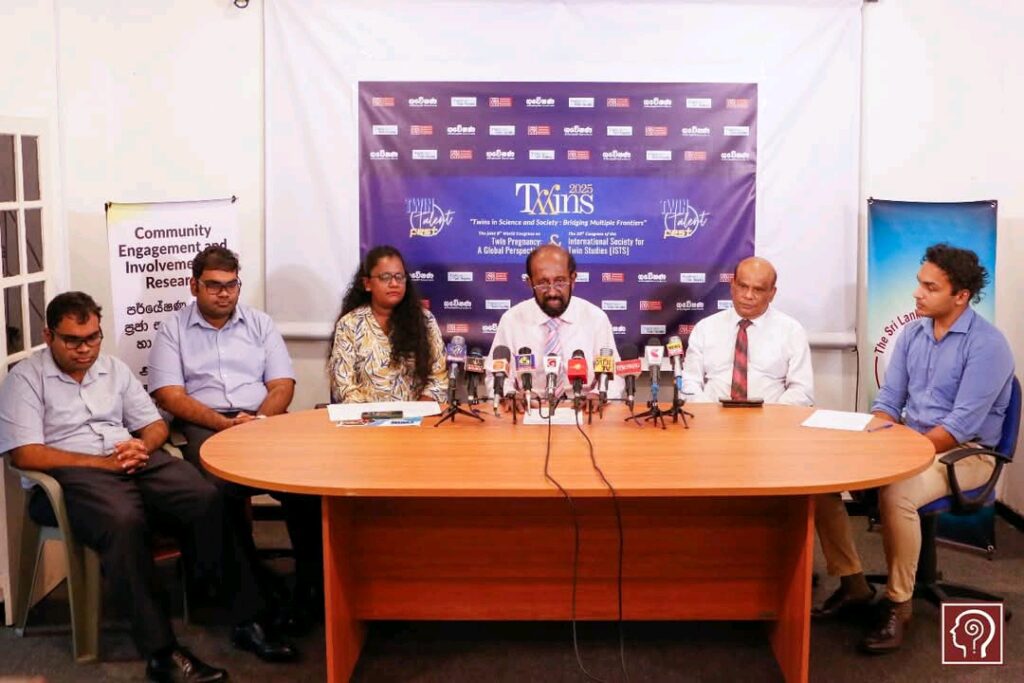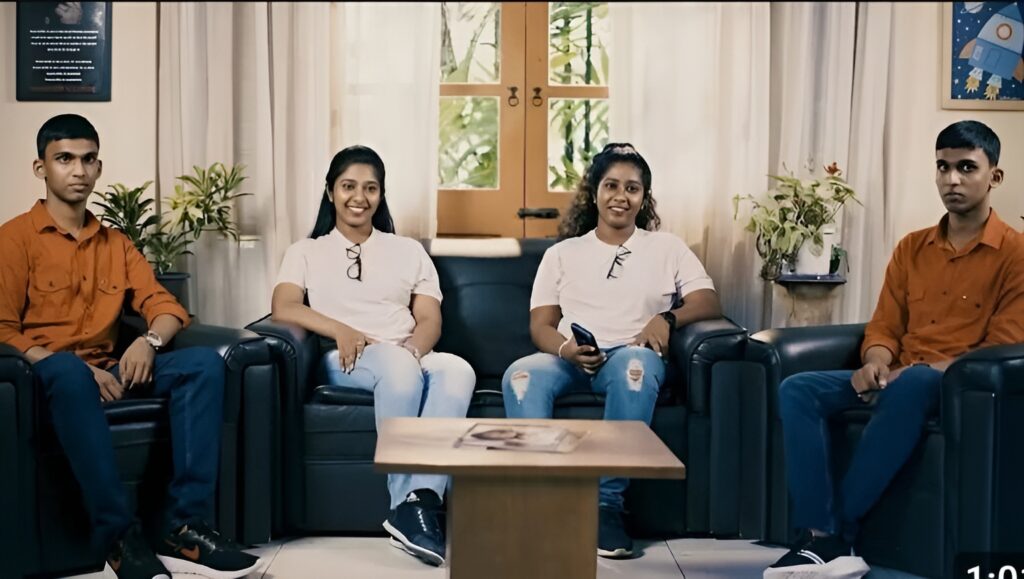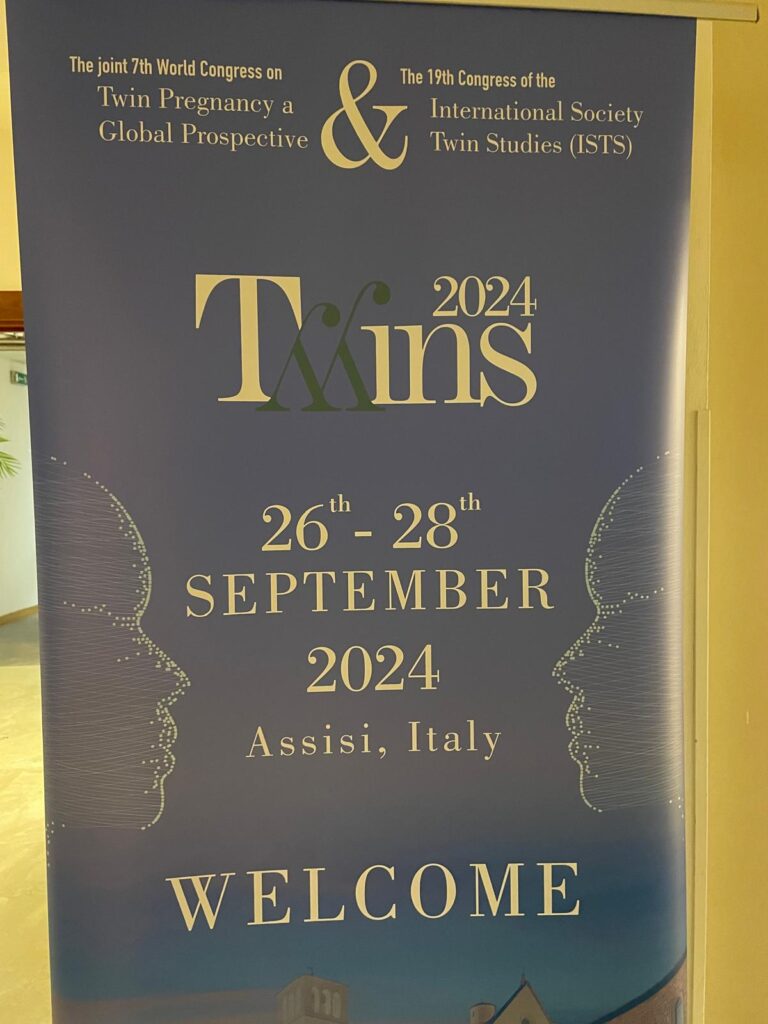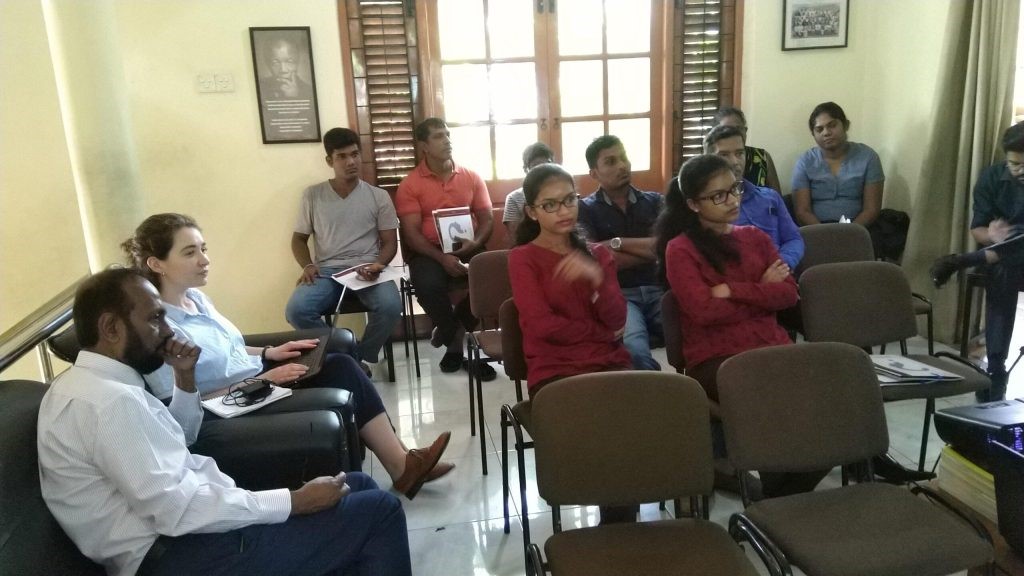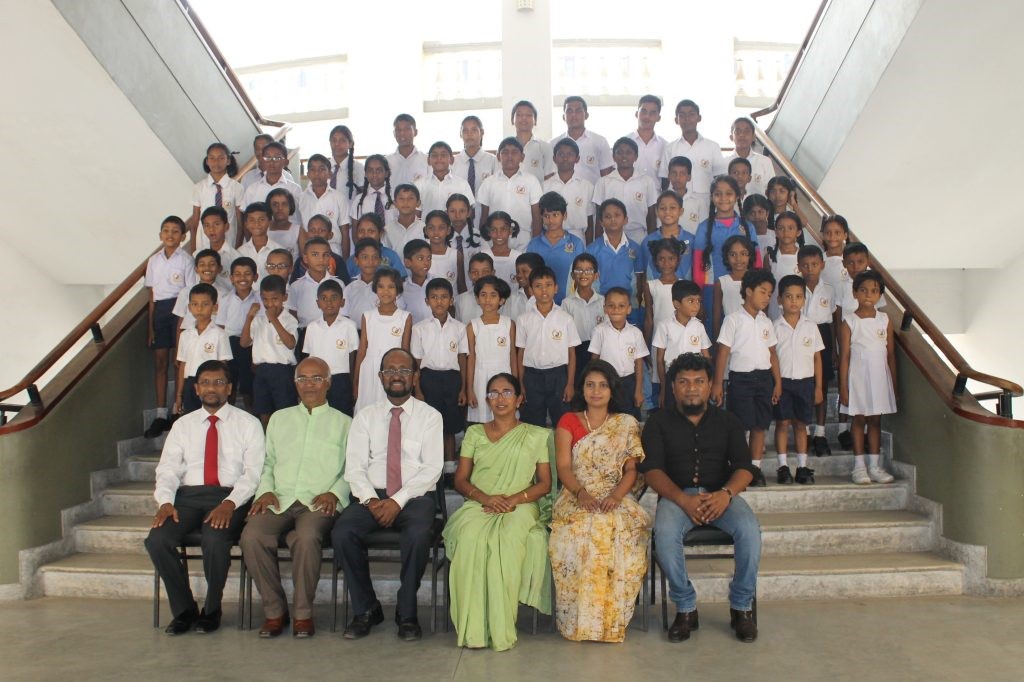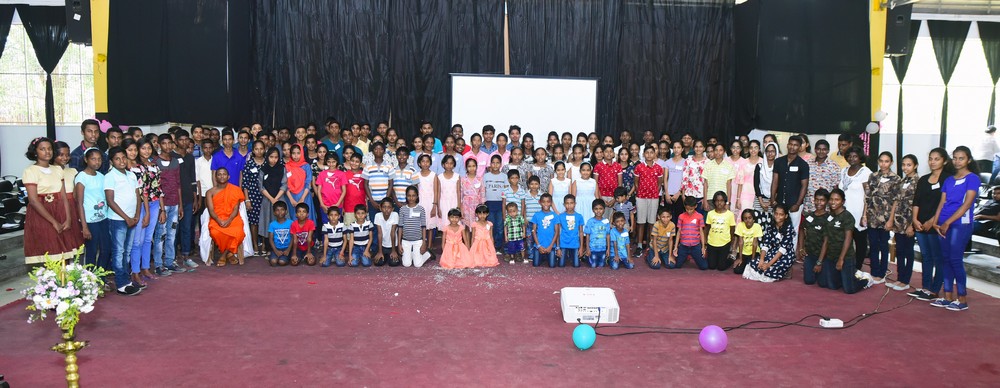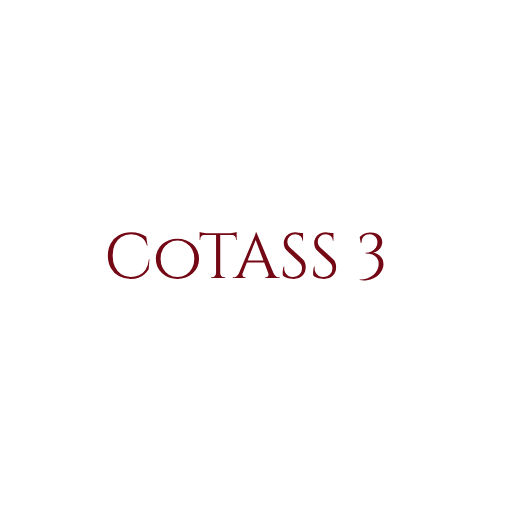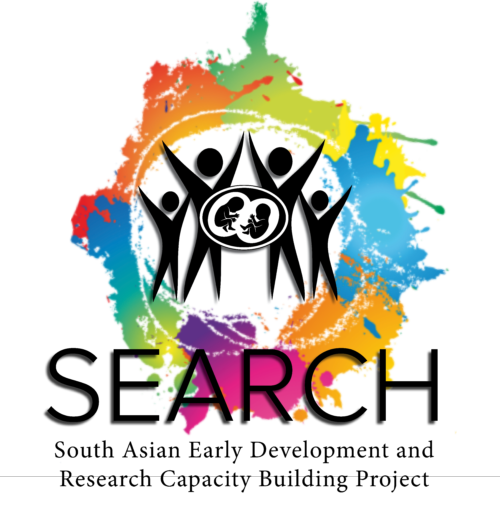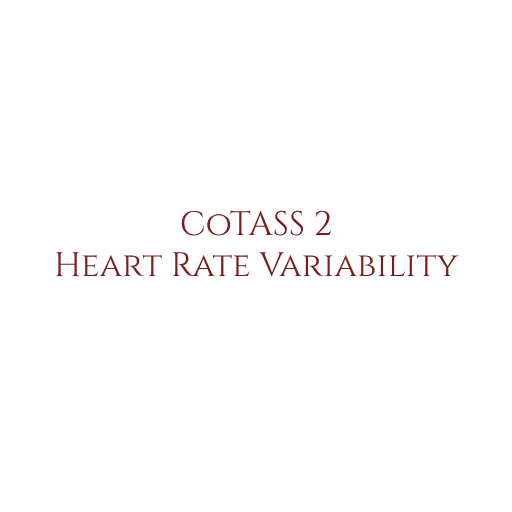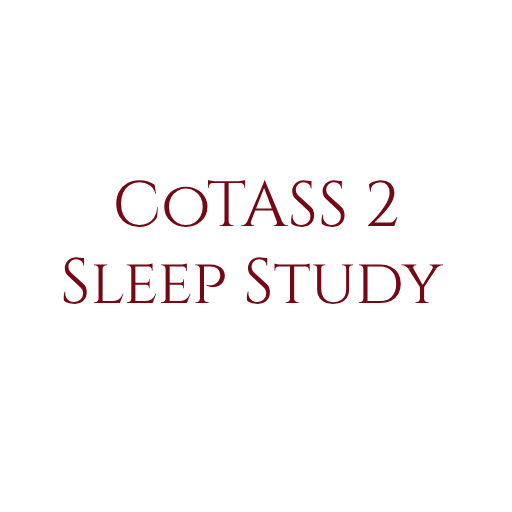The Sri Lankan Twin registry established in 1996 is the first ever twin register in South Asia. It is still one the of few large scale functional population based twin registries in developing world.Two main twin cohorts are volunteer and population based. The population based twin register is presently confined to Colombo district; the most populous among the 25 administrative districts of Sri Lanka. It has 9570 twin pairs and 46 triplets (19278 individuals). The volunteer cohort has 7000 twin pairs and 86 triplets (14258 individuals).
It is essential that developing countries create a strong national research infrastructure, so that they can define priorities for health research; influence national, regional and global health agendas and lobby for equitable allocation of resources.Investment in research capacity would have to be made for the middle to long term and it should be better cordinated and strategically deployed. It should be program based rather than project based and should make a serious commitment towards building local, national and regional institutions. Autonomous research institutes attract funding and reduce the administrative burden.
Twin studies are considered to be the gold standard to investigate the degree to which characteristics and disorders are passed down through the generations.
Studying twins enables researchers to learn more about how a person’s environment (lifestyle, diet) and their genetics have an impact on certain diseases and conditions.
This allows scientists to study the causes and contributing factors of health conditions in communities.
Without twins, this type of research would be nearly impossible to conduct.
Such information can help improve the prevention, diagnosis, and treatment of many health issues in Sri Lanka and other South Asian countries.
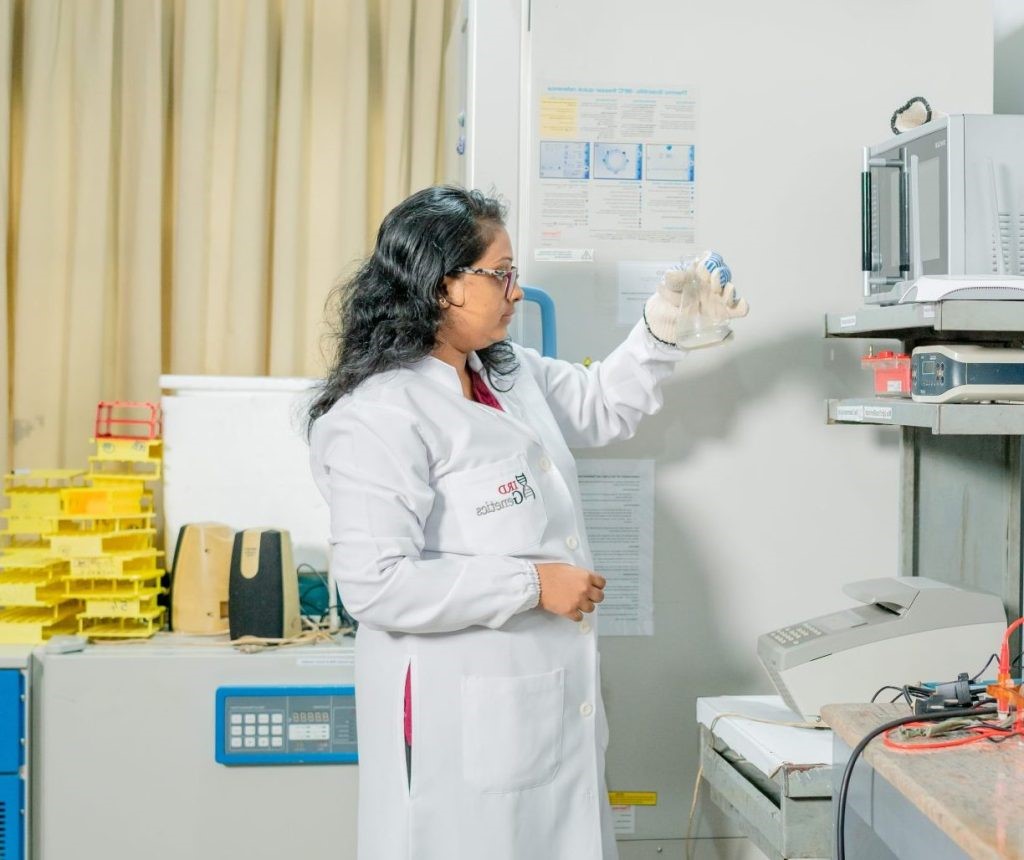
When you register in the Sri Lankan Twin Registry (SLTR) you become part of a large family of twins and the research community at large. As a twin you can make a unique contribution to research which is generating new knowledge.
The SLTR is open to all twins and other higher order multiples of Sri Lankan nationality.
By joining the SLTR and participating in research you will be contributing to science and giving back to the community.
You will be able to participate in exciting new cutting edge research; which could be as simple as filing in a survey or doing an ECG.
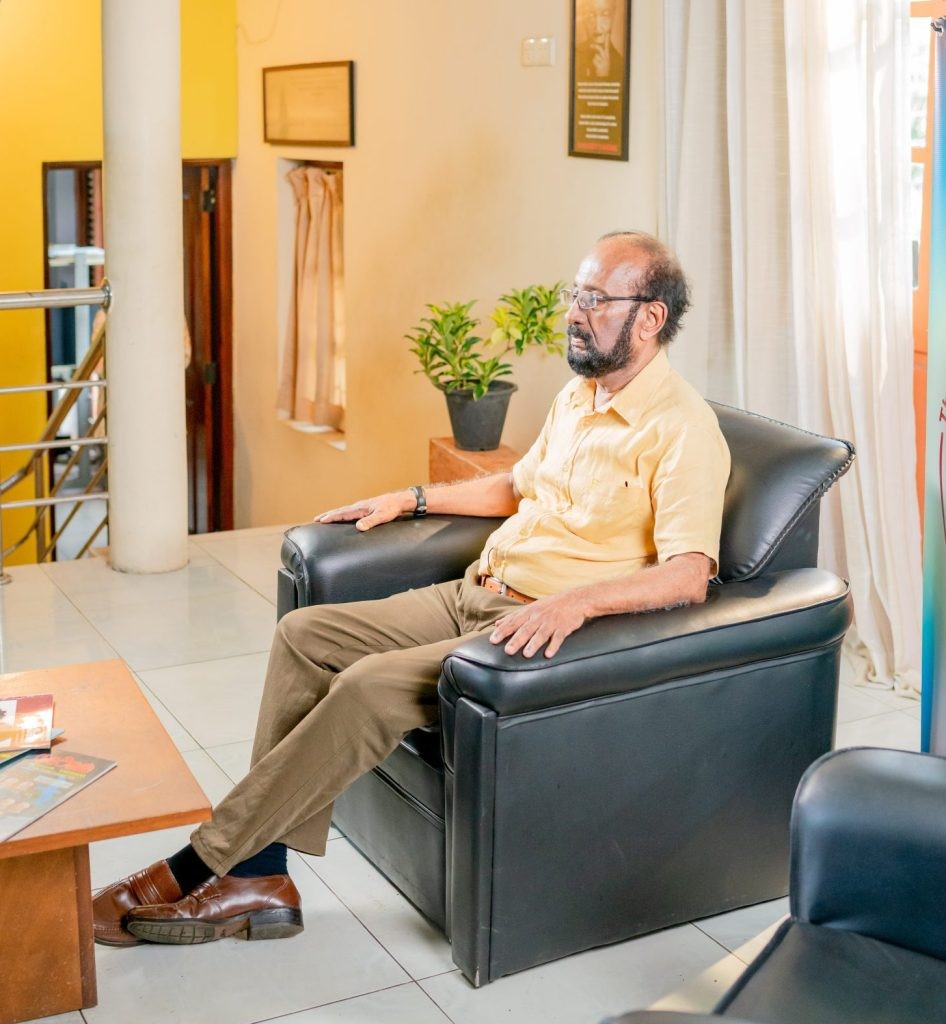
The Institute for Research and Development in Health and Social Care is an academic research institution which was established in 1997 as the Forum for Research and Development, and changed to Institute for Research and Development in 2000. It’s academic members include epidemiologists, psychiatrists, physicians, geneticists, veterinarians, public health specialists, ethicists, educationists, and people from many other disciplines.
Twins 2025: The joint 7th World Congress on Twin Pregnancy a Global Prospective And The 20th Congress of the International Society Twin Studies (ISTS)
The joint 8th World Congress on Twin Pregnancy and 20th Congress of the International Society…
Twin Talent Fest
As we approach the Twins Congress 2025, the Twin Talent Fest offers a heartwarming celebration…
Twins 2024: The joint 7th World Congress on Twin Pregnancy a Global Prospective And The 19th Congress of the International Society Twin Studies (ISTS)
26 September 2024 The joint 7th World Congress on Twin Pregnancy and 19th Congress of…
PATIENT AND PUBLIC INVOLVEMENT AND ENGAGEMENT (PPIE) in the ethical design of research
Insititute for Research and Development 2 April 2023
School Twin Gathering
Defense Service School, Colombo 02 1st February 2019 For the first time in Sri Lanka, a…
Twin Gathering at Ape Gama
Main auditorium of “Ape Gama”, Battaramulla 13th of October 2018 A twin gathering was organised by…
